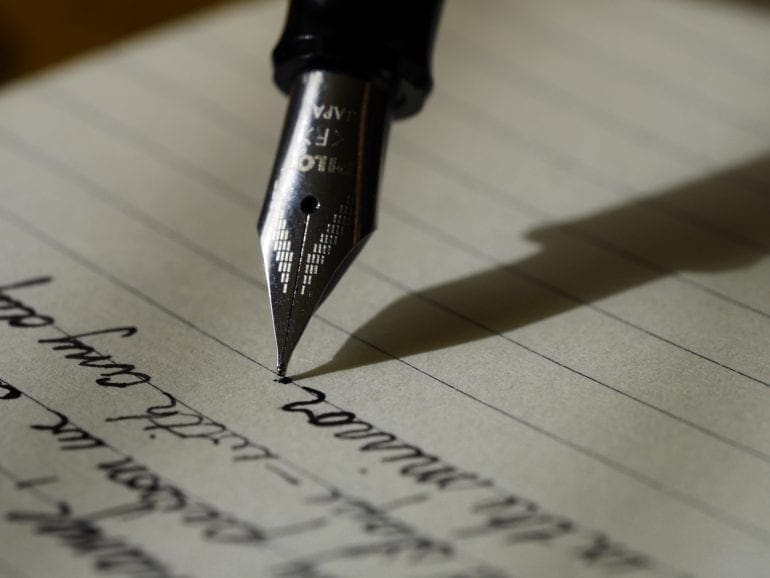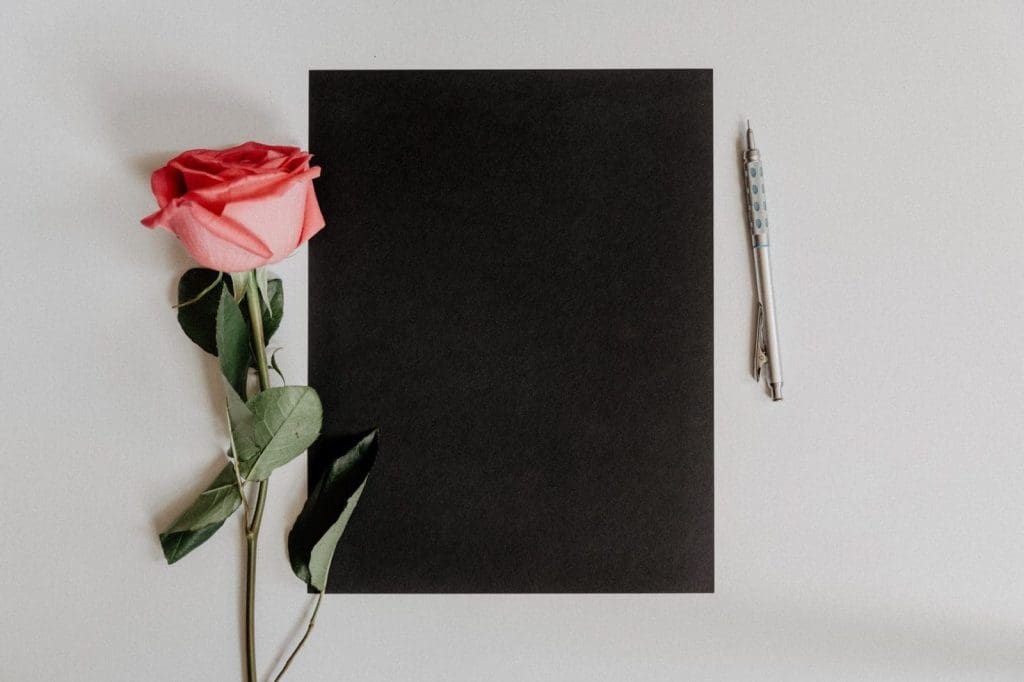Confessional poetry is the poetry of the personal or I. This style has a unique way of gripping heartstrings and collecting tears through the depth of the topics being described. It deals with subjects that would not be regularly written about poetically, such as trauma, depression, death and a multitude of other topics. Emerging in the late 1950s and early 1960s, confessional poetry can be seen in the writing of Sylvia Plath, Anne Sexton and many others, who use this personal style to convey their deepest emotions. A well-known confessional poem is “Lady Lazarus” by Sylvia Plath, which includes the lines:
“Dying
Is an art, like everything else.
I do it exceptionally well.
I do it so it feels like hell.
I do it so it feels real.”
Through confessional poetry, we can peer into the minds of writers and their lives, which should not be overlooked due to its difficulty. Although writing can be seen as a pen meeting with a page or fingers meeting keys, diving within your own waters is completely different from staring at the sun and describing its colors.
When you look at yourself, your life and your struggles, you can understand how frightening it can be to actually form words from things as painful as personal trauma. It can be an anxiety-provoking process, in which you feel you must form something beautiful from something that caused so much torment. However, that is why confessional poetry is eternities away from being close to lyrical verses or haikus. No one is expecting something beautiful. They expect the hurt. They expect the tears you cried to be turned into ink. No one reads it for beauty, but that is what they will find, despite all the pain.

Confessing your deepest damage through poetry is seen as marvelous because of the process it took to be created. Writing itself is a spiritual journey, despite the topic, because you are finding the words within yourself. Though confessional poetry is the epitome of healing because you turn to writing when you can’t express what you are feeling to another person. That results in you expressing it to yourself, to your page, through your ink.
This style of writing is such a rewarding one because you are able to connect with your emotions while also discovering the hidden pieces of yourself. You start to learn how to talk about your struggles in a safe place, without the fear of judgment, and that is a powerful thing. Emotional intelligence and strength are just as significant as mental sharpness and physical strength because it is a beautiful thing to know and accept yourself.
This honest form of poetry requires a level of rawness that is rarely seen in the majority of poetry styles due to how frightening it can be to bare your true self for the sake of the poetry. It is difficult enough to express emotions in a world where you will be criticized for simply being yourself, therefore confessional poetry takes this fear a step further due to the topics it covers. For example, Anne Sexton dove into the subject of intoxicating love in her poem “Love Letter Written In A Burning Building” which states:
“But today I set the bed afire
and smoke is filling the room,
it is getting hot enough for the walls to melt,
and the icebox, a gluey white tooth.
I have on a mask in order to write my last words,
and they are just for you, and I will place them
in the icebox saved for vodka and tomatoes,
and perhaps they will last.”

It takes courage to be a writer, and it takes courage to be a poet and show your naked mind, heart and soul. Being raw with your words is as rewarding and beautiful as it is scary. No feeling compares to the one where you can be proud of your words because you know they came from a part of yourself you never thought that you would express.
To be raw is to be true to the words you think of and write. People will tell you many things, some of them criticizing and others lifting you up. However, this art of being raw can not be diminished by any person. Once you have shown yourself to the world, you will continue to be free from the restraints that may have been placed on your emotions in the past. The writing of confessional poetry and the rawness it requires are tied together through something simple and complex — emotions. They build us up and tear us apart, but they are a part of us.
Our emotions are so incredibly powerful once we allow them to be, and confessional poets understand the value of this. Rather than hiding their traumas, sexuality and mental illnesses, they planted the seeds that blossomed into unforgettable words, which shaped this style in the first place.
Ultimately, confessional poetry is much more than just using the word “I” and being personal. It is about looking within yourself and taking tears to use them as ink that will form words with the capability of healing all these damaged pieces of your past or present. It will feel heavy to write about these topics that pained you so deeply, but the more you allow the ink to flow, the less heavy it will be. Pain can transform into something beautiful when you put it to use through something healing, such as writing. Being confessional will not only change your heart and mind, but it will alter your life and put you on the road to healing that you may have never believed was possible.
Gianna Valdez is an aspiring poet, who loves to write, read and go to the beach.
- Gianna Valdezhttps://thedigestonline.com/author/gvaldez/
- Gianna Valdezhttps://thedigestonline.com/author/gvaldez/
- Gianna Valdezhttps://thedigestonline.com/author/gvaldez/
- Gianna Valdezhttps://thedigestonline.com/author/gvaldez/


